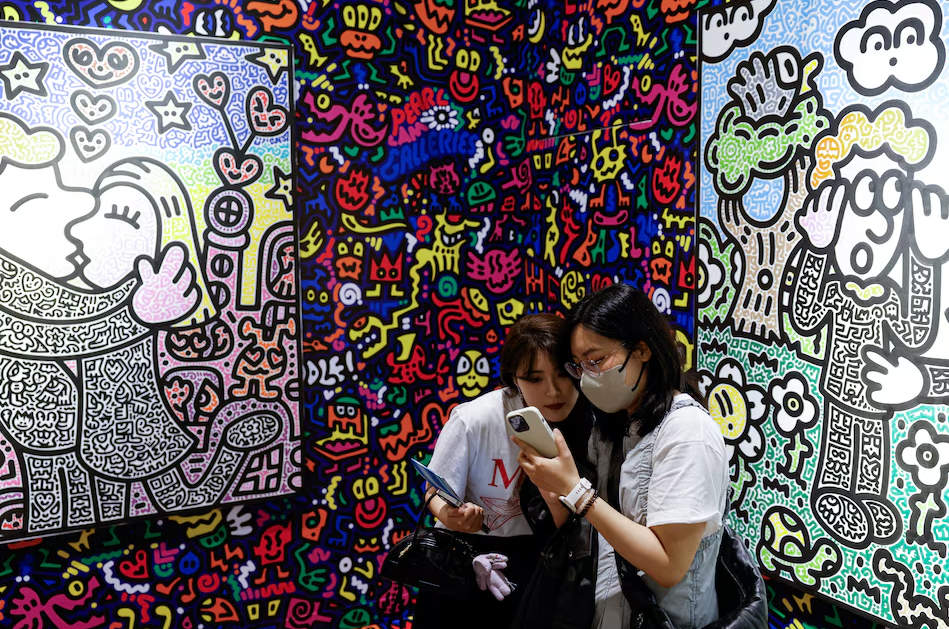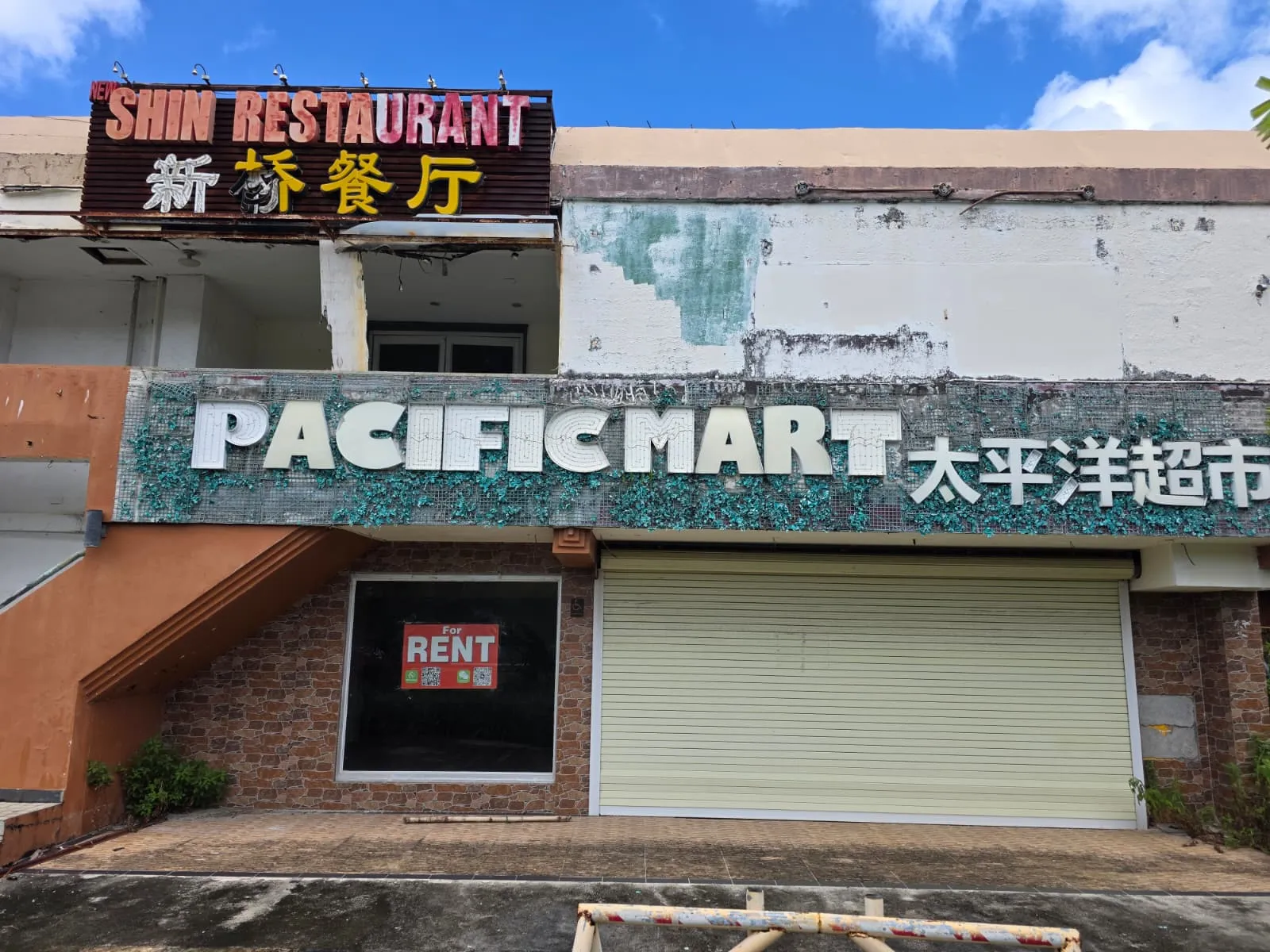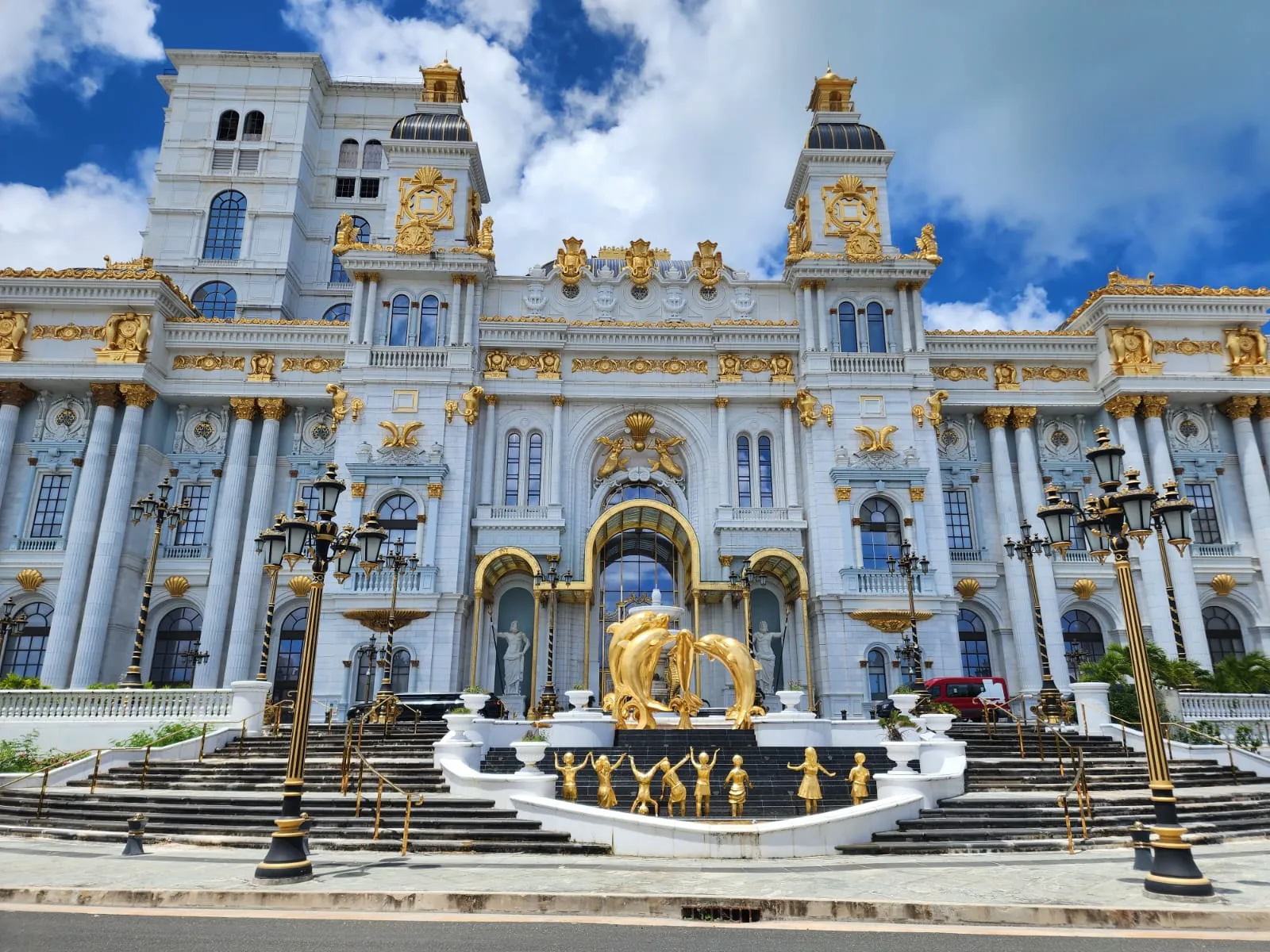
Artworks by Mr Doodle are displayed at Art Basel in Hong Kong, March 26, 2024.
HONG KONG (Reuters) — Hong Kong is seeking to revive its arts scene to become a regional cultural hub, but some art critics have said they were concerned that a new security law may hinder creativity ahead of a series of events that include Art Basel Hong Kong.
The law came into force on Saturday despite growing international criticism that it could erode freedoms in the China-ruled city and damage its international financial hub credentials.
On Monday, Hong Kong’s leader John Lee inaugurated the Hong Kong International Cultural Summit by saying the government plans to inject $550 million into various art initiatives including a film fund to build Hong Kong into an “East-meets-West center for international cultural exchange.”
“The Hong Kong government attaches great importance to propelling Hong Kong’s rise as a cultural hub. And we’re serious about this,” he said.
Some art critics, however, said the national security law had added to their concerns about freedoms, especially after the arrests of publishers and journalists in a clampdown imposed by China after the city’s anti-government and pro-democracy protests in 2019.
Under the clampdown, which China said was necessary to restore order to Hong Kong, activists, publishers and journalists have been detained or jailed for sedition, books have been pulled from public libraries, and theatre and dance groups were prevented from performing.
Under the new law, which the Hong Kong government says is necessary to plug legal loopholes, jail terms for sedition have been stiffened from 2 years to 10 years.
“It is an art market which, in a sense, colludes with the government to prevent a certain range of expression from occurring,” Eric Wear, a member of the International Association of Art Critics, told Reuters.
“I’m not particularly concerned about its collapse, but it becomes a much more limited, more conservative market that is not necessarily engaged with all of the exciting issues that happen in the arts,” he added.










